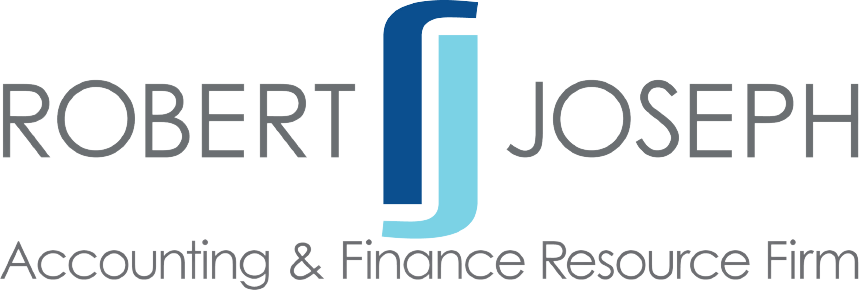An Overview of Financial Accounting
Accounting is a broad field. However, there is a myriad of varying spheres within accounting. One of these is financial accounting, a specific accounting branch that gathers, prepares, and reports a company’s financial transactions. It involves a series of financial statements shared externally and used to determine an organization’s or company’s financial health. The creation of these reports is the ultimate purpose of financial accounting.
Because financial accounting focuses on generating reports for external use, it must be accurate and consistent. Accordingly, financial accounting utilizes a rigid structure of guidelines and regulatory principles in accordance with generally accepted accounting principles (GAAP) and within the specific industry and company.
Financial accounting differs from managerial accounting, which creates information for internal use. Rather than being rule-oriented; managerial accounting is technique and strategy driven to help internal managers and decision-makers operate the company with more fiscal effectiveness.
3 Financial Statements
Financial accounting tracks the movement of transactions and data within five main financial classifications. These are:
- Revenues
- Expenses
- Assets
- Liabilities
- Equity
Financial accountants record this data — usually over a specified time, such as a quarter or a fiscal year — and generate three primary financial statements.
The balance sheets, income statements, and cash flow statements — are issued routinely to owners, stockholders, and creditors. Of course, publicly traded companies promulgate these reports more extensively. Recipients may include competitors, labor organizations, suppliers, investment analysts, and customers.
These statements are interwoven. Yet, they each stand alone to measure different aspects of financial data. For example, the balance sheet measures a company’s assets, liabilities, and equity, the income statement (also known as a Profit and Loss Statement) measures revenue and expense to determine net income, and the cash flow statement tracks all cash activity to establish the cash balance.
Different Methods of Financial Accounting
There are two primary methods of financial accounting: accrual accounting and cash accounting. The accrual method documents the transaction at the time of service – before any money is received or spent. However, cash accounting documents the transaction after the money is received or paid.
The accrual method is more complex, providing a more thorough perspective of the company’s financial health, and is used by larger companies. On the other hand, the cash method, which is not quite as in-depth and multifaceted, is far simpler to use and read. Therefore, it is used more commonly by smaller companies and sole proprietorships.
The Importance of Financial Accounting
Financial statements are necessary and legally required for all registered companies. In addition, they are included in annual reports and may be reviewed by other vital parties such as investors, lawyers (in case of legal action), suppliers, and banks. In all these situations, these parties must have access to transparent and accurate information to make decisions regarding the organization’s future. Therefore, financial accounting is important because its structure provides the insight, trust, and reliability needed for these statements.
Are you considering a new career in accounting or looking to make a new step in your current accounting and finance career? The Robert Joseph Group is your premier choice for help. With the highest degrees of professionalism and expertise, we help connect top-tier talent to top-tier opportunities. Contact us today!
